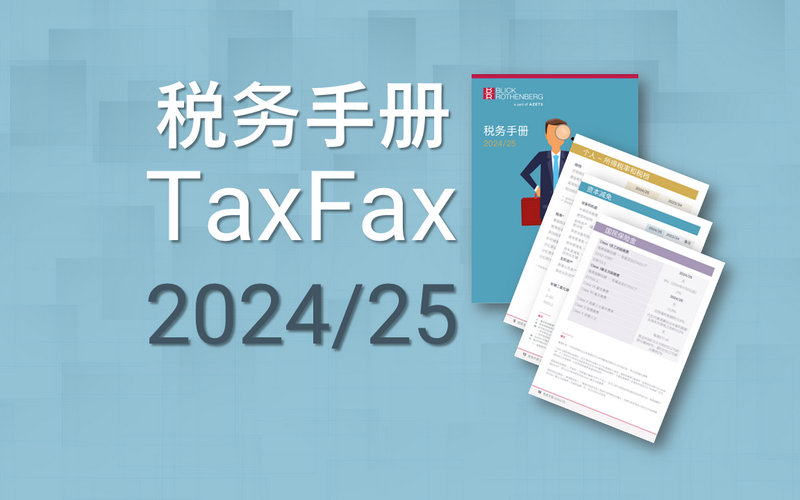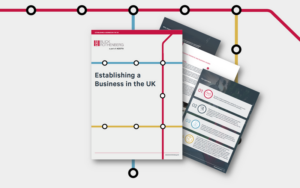Spotlight On…Intercompany Loans
Intercompany balances frequently build up between members of a group, often without formal documentation
It’s important to think about the tax consequences, otherwise a simple group transaction can lead to a nasty tax charge
Groups often want to tidy up their intercompany balances, particularly prior to a sale of a subsidiary or as part of a group reorganisation.
It’s easy to assume that a transaction between two group members will be tax neutral – but if you get it wrong, tax charges can be a significant cost. However, with a bit of advance planning, any problems can usually be solved.
This is relevant for all companies that are part of a group and have intercompany balances.
Where there is a formal intra-group loan, this will be a ‘loan relationship’ and specific tax rules set out how any profits or losses will be taxed. Provided borrower and lender are part of the same group, a loan waiver will not be taxed for the borrower (and the lender will not get a tax deduction).
Where the balance is a historical one, it is important to identify whether it is a ‘loan relationship’ or arises from some other transaction. A loan relationship is a transaction which relates to the lending of money; other transactions include the sale of goods or services, or outstanding payments for management fees.
A waiver of a trading balance can still be tax free for the borrower, but it’s important to have a formal release, supported by a deed of waiver – otherwise a tax charge could arise.
What should you do next?
Review the intercompany balances within the group and ensure that you know their history and background. If the balances are old and unidentified, sort out the position by making a formal loan so that the old balances can be repaid and replaced by a new loan relationship, and the tax treatment in future will be clear.
Also watch out for balances between companies who are not part of the same group – the rules are different, and there are particular pitfalls if two companies become related after the lender has made a bad debt provision.
There are some specific reliefs for companies in financial difficulties, but you need to make sure that you satisfy all the conditions in order to get the relief.
Would you like to know more?
If you would like to discuss any of the above guidance, please get in touch with your usual Blick Rothenberg contact or with one of the partners whose details you can find on this page.
Groups often want to tidy up their intercompany balances, particularly prior to a sale of a subsidiary or as part of a group reorganisation.
It’s easy to assume that a transaction between two group members will be tax neutral – but if you get it wrong, tax charges can be a significant cost. However, with a bit of advance planning, any problems can usually be solved.
This is relevant for all companies that are part of a group and have intercompany balances.
Where there is a formal intra-group loan, this will be a ‘loan relationship’ and specific tax rules set out how any profits or losses will be taxed. Provided borrower and lender are part of the same group, a loan waiver will not be taxed for the borrower (and the lender will not get a tax deduction).
Where the balance is a historical one, it is important to identify whether it is a ‘loan relationship’ or arises from some other transaction. A loan relationship is a transaction which relates to the lending of money; other transactions include the sale of goods or services, or outstanding payments for management fees.
A waiver of a trading balance can still be tax free for the borrower, but it’s important to have a formal release, supported by a deed of waiver – otherwise a tax charge could arise.
What should you do next?
Review the intercompany balances within the group and ensure that you know their history and background. If the balances are old and unidentified, sort out the position by making a formal loan so that the old balances can be repaid and replaced by a new loan relationship, and the tax treatment in future will be clear.
Also watch out for balances between companies who are not part of the same group – the rules are different, and there are particular pitfalls if two companies become related after the lender has made a bad debt provision.
There are some specific reliefs for companies in financial difficulties, but you need to make sure that you satisfy all the conditions in order to get the relief.
Would you like to know more?
If you would like to discuss any of the above guidance, please get in touch with your usual Blick Rothenberg contact.
Contact Us

You may also be interested in

AI is a support for businesses but not a solution

Labour’s plans won’t scratch the surface of the tax gap










